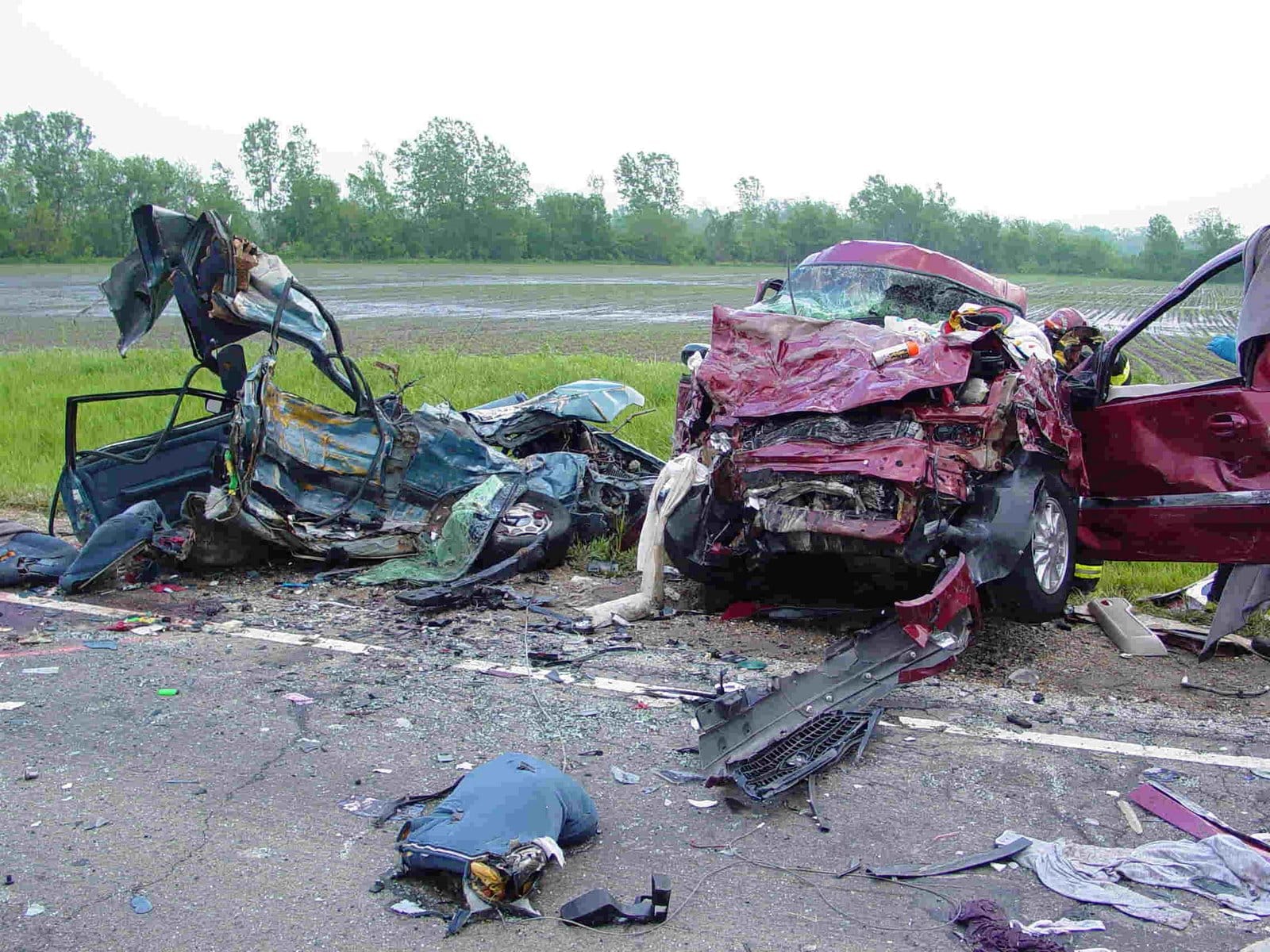Recidivist sentencing enhancement statutes continue to be declared unconstitutional based upon relatively recent US Supreme Court cases. In 2000 the U.S. Supreme Court decided State v. Apprendi. There the Court states a criminal sentence must be based upon facts the fact finder (judge or jury) found beyond a reasonable doubt that the defendant committed. Apprendi precludes judges from aggravating a defendant’s sentence based upon fact of which a jury had not convicted him or her.
In 2013 court decided the case Alyene v. New Jersey. In that case a similar issue was decided as it applied to the states and every state court conviction. On May 20, 2020 the Pennsylvania Supreme Court interpreted these two cases as applied to Pennsylvania’s DUI statute. The decision in Commonwealth v. Chichkin is significant.
Before this summer it was common knowledge that if you committed a second or third DUI after receiving a DUI ARD, there would be an increase in potential jail. Mr. Chichkin argued that a prior ARD pre-trial probation.. not conviction… can not constitutionally count as a prior offense for purposes of recidivist sentencing provisions of Pennsylvania’s drunk driving law. Chichkin argued that a pretrial probation, no conviction program and process can not not count as a prior record upon which a DUI second offense sentencing enhancements could apply. Chichkin argued the sentencing enhancements (a recidivist statue) is not based upon facts that a judge or jury conclusively found that a defendant committed and therefore could not be used to enhance sentence and allow a judge to sentence him as a second offender.
Superior court agreed, ruling that a prior ARD is not a prior offense subjecting any convicted drunk driving offender — with a second or third or fourth conviction — to a sentencing enhancement if the first DUI was resolved through ARD. This is a significant ruling that modernizers and effectuates the purpose of Pennsylvania’s rehabilitative intent of Pennsylvania’s DUI statute. The ruling creates significant challenges to the Commonwealth’s effort to crack down and punish alcoholics who continually to drive while under the influence of alcohol.
Think about it; everyone knows a friend or coworker who got a first offense DUI and received ARD or pretrial probation with no conviction and no jail. Every ARD participant was told, “don’t get another DUI because this ARD will count as a first offense“. The rule scared people from drunk driving. They may not have gone to jail the first time, but a second offense DUI with a prior ARD exposed a drunk driver to significantly more severe penalties.
Chichkin rejects this reasoning. The decision precludes any court from enhancing or increasing a penalty in the DUI statue against the person who received a free pass/get-out-of-jail-free ARD in their first DUI. The decision is consistent with a long line of cases focusing on rehabilitation, and dismantling recidivist statues that seek to increase punishments against individuals who repeatedly commit the same crime.
The practical affect of the decision is different in every county in Pennsylvania. Some judges are following the decision and not sentencing repeat DUI offenders as a recidivist if the prior DUI resolved through ARD. Some judges and local prosecutors are requiring post Chichkin defendants enrolling in ARD to make factual admissions that can be used if the defendant commits a second offense. Some district attorneys are asking judges to enhance a sentence, but within the guidelines, for defendants who have a prior DUI/ARD.
Call me to discuss your case and how it affects














